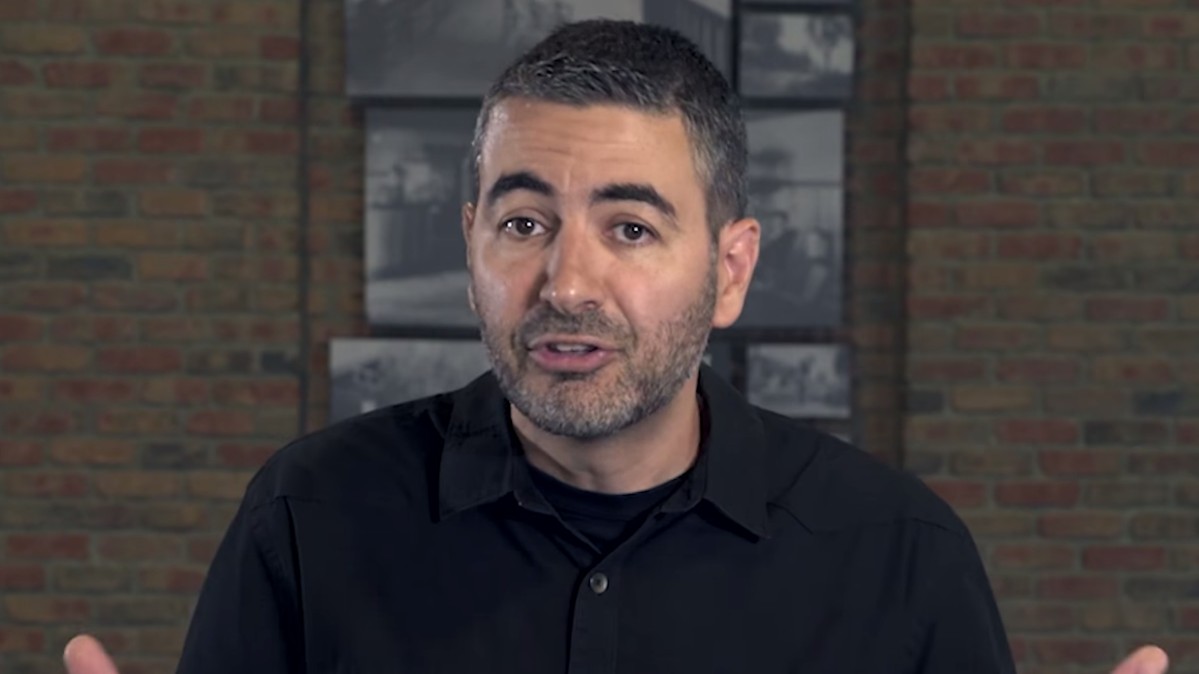Alan discusses the implications of not subscribing to a particular religion and the most probable beliefs that follow.
Transcript
What follows if you don’t think that any religion is true? Well the answer is simple. Nothing. Nothing follows if you don’t think any religion is true. It definitely doesn’t follow that no religion is true. In fact, nothing follows from any thought or belief that you have. And that’s because reality doesn’t change to accommodate your thoughts or your beliefs. You can think whatever you want, it doesn’t make it true.
Now having put aside the question of what one merely thinks is true, the question that becomes important is this: What’s the true state of affairs about reality and about religion? Is there any religion that’s actually true and not just true according to one’s own sort of personal beliefs? Now, you might be tempted to think, well, no religion is true, and that somehow would absolve you from committing to any particular worldview or having to defend any particular beliefs.
But here’s the thing—even if you don’t think any religion is true, that doesn’t mean that your view of reality necessarily makes sense. If you think no religion is true, then you’re most likely worldview is Naturalism, which is the belief that nature is all there is. In other words, you’ll think there’s no God, there’s no angels, there’s no souls, there’s no afterlife, but even this view doesn’t get you out of the woods because that worldview entails three, what I would call, incredible assertions.
First, if you believe in Naturalism, if you don’t believe any religion is true, then this means that the universe came into existence by itself. In other words, your view would say that all of space, time, and matter, all the billions of planets and stars have just popped into existence from nothing and by nothing. Now, you may not believe in religious claims, but you’re gonna have to consider whether there’s any evidence that such an incredible feat can actually occur.
Now here’s the second thing that your view entails if Naturalism is your worldview. And that is, you would have to believe that you are just a physical object, yet you still have free will. Now, the reason that’s an incredible claim is that according to Naturalism, you are entirely made up of matter, and therefore you have no soul, there’s no immaterial part of you that can be free from the forces of physics and chemistry. And so being a physical object then means that your thoughts and your actions are determined, and you have no free will. But I suspect you probably believe that you do have free will. You probably think that you have freely reasoned and used logic to conclude that no religion is true. But that would be a contradiction. You can’t have free will and free reasoning abilities that are not determined by physical laws in chemistry if you’re just a physical object.
And so finally, the third thing that your worldview entails is that morals are completely relative, and therefore there is nothing that is ultimately wrong. You can complain all you want that the madman that murders your mother didn’t do what you would have liked him to do, but you can’t say that what you did was wrong, objectively wrong. As any careful thinking atheist would admit, if there is no God, then an ultimate standard of right and wrong is just an illusion. So if you don’t think any religion is true, keep in mind that it doesn’t follow that your view is correct. But it does follow that your worldview still makes incredible assertions that require a lot of explaining.

